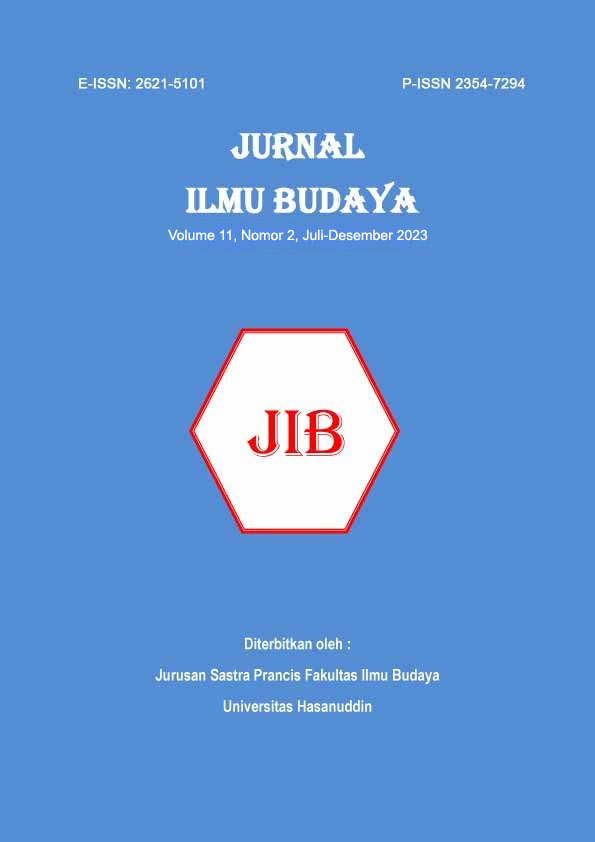TRADISI UPACARA TURUN MANDI MASYARAKAT SUKU MINANGKABAU DALAM PERSPEKTIF FENOMENOLOGIS
DOI:
https://doi.org/10.34050/jib.v12i1.32444Abstract
The tradition of the Turun Mandi Ceremony in the Minangkabau ethnic community provides a clear picture of the importance of cultural heritage and the meaning it contains. The understanding that this tradition is passed down from ancestors and held to welcome the birth of a baby at the age of 40 days reflects the richness of values and beliefs passed on from generation to generation. To understand the process of awareness and its meaning, this article uses qualitative research methods with phenomenological perspective analysis and data obtained through library research. The division of consciousness into three types, namely subjective consciousness, intersubjective consciousness, and objective consciousness, reflects important concepts in the phenomenological perspective, especially those developed by Edmund Husserl.
Downloads
Published
Issue
Section
License

This work is licensed under a Creative Commons Attribution-NonCommercial 4.0 International License.


